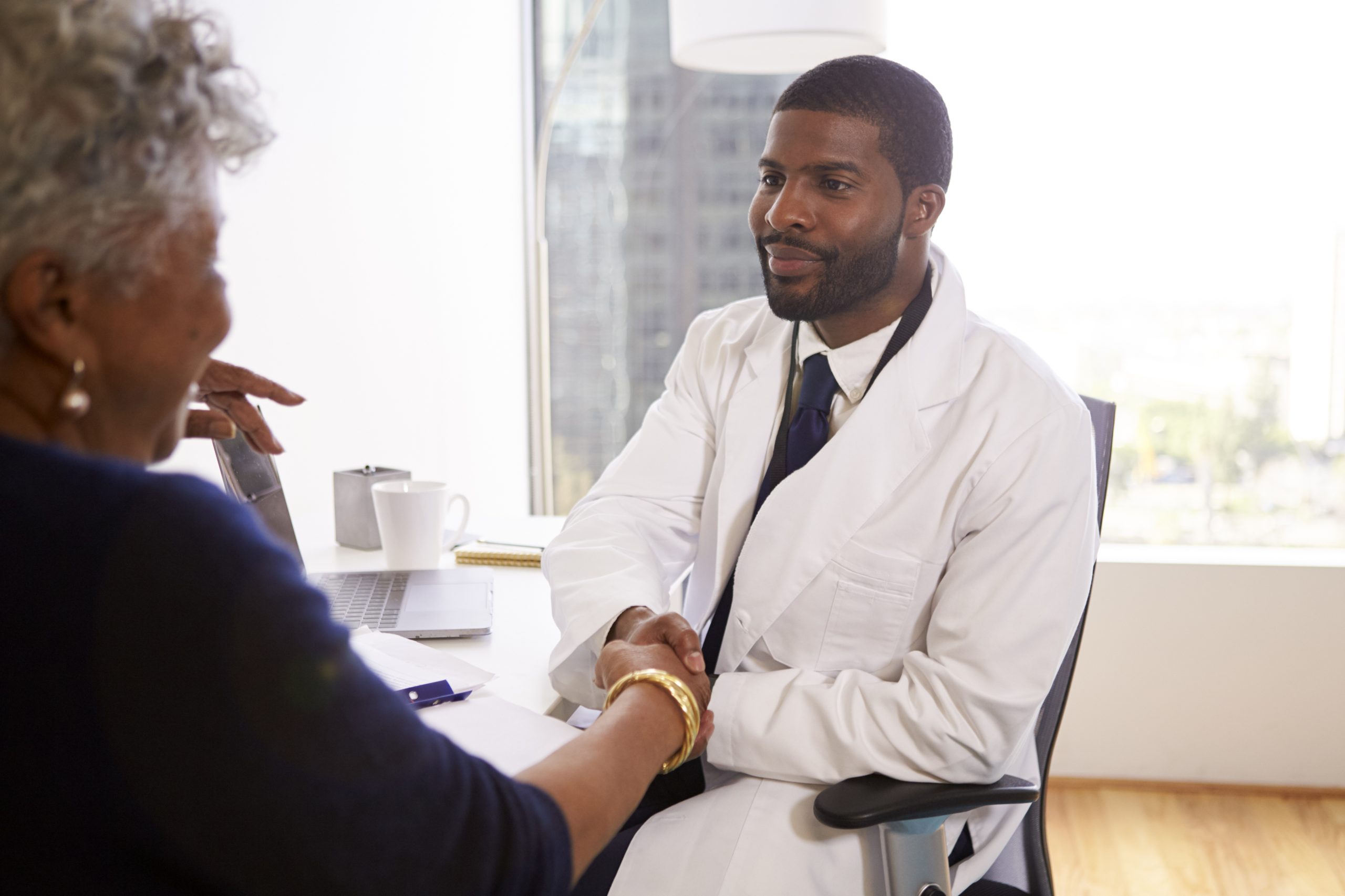
As an adult, you shouldn’t be afraid or shy to take control of your sexual health and safety. We know safe sex practice is not the easiest topic to bring up with an old or new partner, but no matter how uncomfortable it gets, it is extra important to have the talk with your partner
What’s Safe Sex?
Having sexual contact while protecting yourself and your partner against sexually transmissible infections (STIs) and unplanned pregnancy.
It’s a sexual contact that doesn’t involve the exchange of semen, vaginal fluids or blood
What are some of these STIs we need protection from?
Chlamydia, Gonorrhea, Syphilis, HIV or Hepatitis B, Herpes
HOW DO WE PRACTISE SAFER SEX?
Condoms: Condoms act as physical barriers to prevent the exchange of blood, semen & vaginal fluids. They are not 100% effective in preventing STI’s but offer the most effective form of protection when used properly. Male condoms are the most common form of protection. If your partner does not want to use a male condom, you can use a female condom. If you are too shy to get one at a pharmacy or supermarket, you can order some online at www.drugstore.ng
Regular STI Screening: There are some infections you can contact from using a public toilet at a restaurant or at the office. Some infections can be gotten from oral sex too, so even if you use a condom regularly you still need to get regular STI screening. Also, Some diseases contracted through sexual encounters do not cause significant symptoms or signs until several weeks, months, or even years after you’ve contracted them, hence the need to be on top of your status
Abstinence: This is the safest practice. If you have been sexually active in the past, get a full coverage STI test & practice celibacy. The first few months are usually the hardest, but you can do it. If you haven’t had sex before, it’s advisable to wait until you are physically, and emotionally ready for it
Limit the number of sexual partners you have: Studies show that the more sexual partners a person has, the greater the chance of getting or spreading an STI.
Get vaccinated against STIs: This will greatly reduce your risk of getting infected. Vaccinations are available for hepatitis B and the human papillomavirus (HPV), which can lead to cervical, vulvar, vaginal, and anal cancers
Communication is key: Be honest about your sexual past, your preferences, and your decision to practice safe sex. This way, you and your partner can communicate openly. It’s important that the two of you share your sexual histories so that you can find out about potential STIs or diseases. Discussing your past opens up the path to talk about testing for STIs




